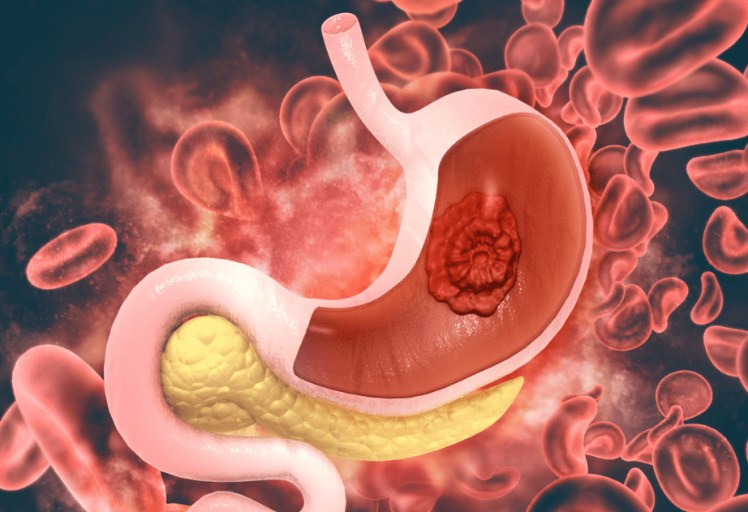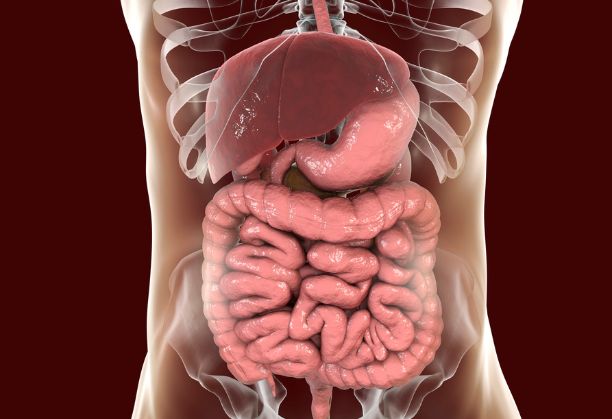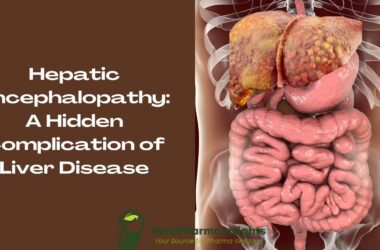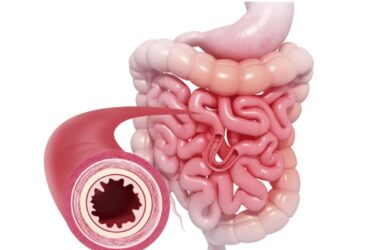Dyspepsia refers to a collection of symptoms related to upper abdominal discomfort, while a peptic ulcer is a specific condition involving an open sore or erosion in the digestive tract. The distinction is crucial for proper diagnosis and treatment. If you’re experiencing persistent digestive symptoms, it’s important to consult a medical professional for accurate evaluation and guidance. The term ‘peptic ulcer’ describes a condition in which there is a discontinuity in the entire thickness of the gastric or duodenal mucosa that persists as a result of acid and pepsin in the gastric juice. While Dyspepsia is defined as persistent or recurrent pain or discomfort centered in the upper abdomen. Dyspepsia is a common symptom and effects about 40% of people annually. Dyspepsia (commonly known as indigestion) and a peptic ulcer are not the same, although they can share some similar symptoms. Here’s the key distinction between the two:
Differentiating peptic ulcers and dyspepsia.
Dyspepsia (Indigestion)
- Dyspepsia is a general term that refers to recurring or persistent discomfort or pain in the upper abdomen, typically occurring during or after eating.
- Symptoms of dyspepsia can include bloating, a feeling of fullness, belching, and a burning or gnawing sensation in the upper abdomen. Nausea and mild heartburn may also be present.
- Dyspepsia can have various causes, including overeating, eating too quickly, consuming fatty or spicy foods, stress, smoking, and alcohol consumption. It can also be associated with underlying conditions like gastroesophageal reflux disease (GERD) or gastritis.
- Diagnosis of dyspepsia is typically based on symptoms and may require further evaluation, including endoscopy, to rule out other underlying conditions.
- Treatment often involves lifestyle modifications, dietary changes, and over-the-counter antacids or acid-reducing medications. Managing stress and identifying trigger foods can also be beneficial.
Peptic Ulcer:
- A peptic ulcer is a specific medical condition characterized by an open sore or lesion that develops on the lining of the stomach (gastric ulcer) or the upper part of the small intestine (duodenal ulcer).
- Peptic ulcer symptoms can include burning abdominal pain, often located in the upper abdomen and occurring between meals or during the night. Other symptoms may include bloating, nausea, vomiting, and unintended weight loss.
- Peptic ulcers are primarily caused by infection with the bacterium Helicobacter pylori (H. pylori) or by long-term use of nonsteroidal anti-inflammatory drugs (NSAIDs). Stress and smoking may exacerbate ulcer symptoms but are not direct causes.
- Diagnosis is typically made through endoscopy, where a thin, flexible tube with a camera is inserted into the digestive tract to directly visualize and confirm the presence of an ulcer.
- Treatment aims to eliminate H. pylori infection (if present), reduce stomach acid production, and promote healing of the ulcer. This is usually achieved through antibiotics (for H. pylori), proton pump inhibitors (PPIs), and medications that coat and protect the ulcer. Lifestyle changes, such as avoiding NSAIDs and alcohol, can also be advised.
In summary, dyspepsia is a broad term for digestive discomfort, while a peptic ulcer is a specific lesion on the digestive tract lining. While some symptoms may overlap, peptic ulcers have more localized, persistent pain and are typically diagnosed with endoscopy. Both conditions can be managed effectively with medical intervention and lifestyle changes, but their underlying causes and characteristics are distinct.


Causes of dyspepsia
Numerous things, like overeating, eating too rapidly, ingesting fatty or spicy foods, stress, smoking, and taking an excessive amount of caffeine or alcohol, might contribute to dyspepsia. It may also be functional, which means there isn’t a single, obvious explanation. Another prevalent and frequently disregarded root cause of dyspepsia is medication. Ulcers and dyspepsia can be brought on by aspirin and nonsteroidal anti-inflammatory medications (NSAIDs), notably cyclooxygenase-2-selective NSAIDs.













